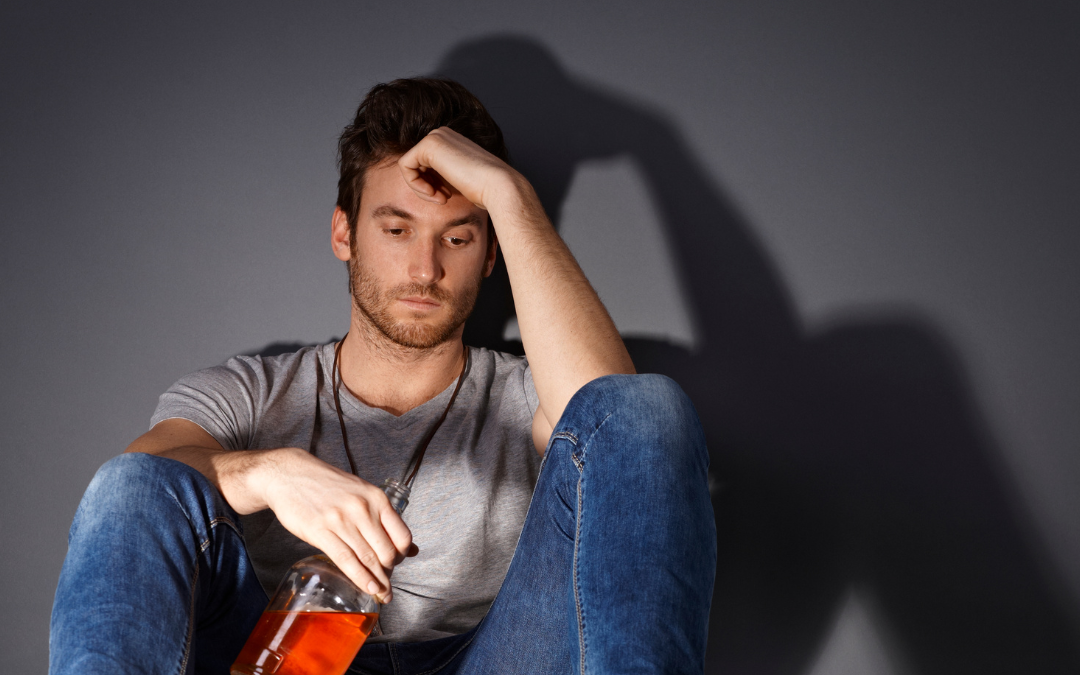Alcohol and depression have a complex relationship.
At first, when you drink alcohol, you’re likely to feel good. You may feel relaxed, confident, and even more social. Alcohol stimulates the release of ‘happy hormones’ such as dopamine and serotonin.
If alcohol can make you ‘feel good’, why is alcohol known as a depressant?
Depressant substances do not necessarily make a person depressed. Instead, they affect the central nervous system, slowing down the brain and body’s messages to each other.
When you have symptoms of depression, you’re likely to experience feelings of worthlessness, sadness, and guilt. You could feel exhausted, have low motivation and lose interest in stuff you enjoyed doing before.
People experiencing these symptoms want to be able to cope. For some, drinking is the simplest way to cope with something they don’t know how or don’t want to handle. Drinking alcohol serves as a form of self-soothing and numbing to avoid or manage difficult emotions. While this may seem helpful in the short term, it can actually make things way tougher.
When depression and alcohol are involved, the research gets pretty gloomy. Alcohol can drastically alter the levels of neurotransmitters in your brain, further impacting mood, energy levels, sleep, memory, and concentration. Yup, drinking changes the chemical makeup in your brain. People who frequently drink are more likely to experience episodes of depression and may drink more to feel better, leading to a cycle of addiction. Alcohol can also hinder decision-making and increase risky behaviours, aggression, damage to relationships, self-harm, and suicide attempts in people who are already going through a really challenging time.
What can you do when you want to reach for a drink due to feeling low or depressed?
Instead of deciding to stop drinking completely or even going dry in July (a worthy cause, nonetheless!), checking your other coping skills could perhaps be the first step. Do distractions such as walking or exercising, watching Netflix, gaming, or listening to music work as an alternative for now? Next, consider whether you can reach out to friends or family members for company or comfort. If you need guidance addressing the underlying reasons and additional coping strategies, contact your local GP or therapist for further support.
Additional resources
- how to have a difficult conversation
- Hello Sunday Morning – resources to change your relationship with alcohol
- Mental Health First Aid Australia– guidelines for problem drinking
Written by Michelle Hartnett
Social Worker









Recent Comments